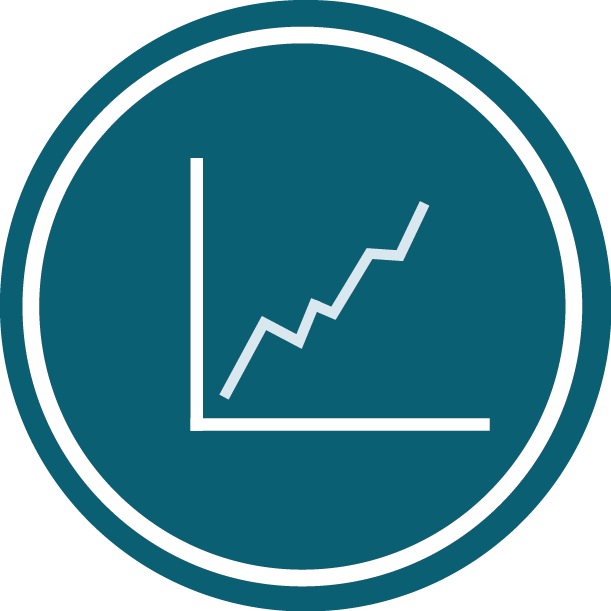Antimalarial drug repurposed as treatment for liver cancer
A phase I dose-escalation study evaluating the safety and pharmacokinetics of oral artesunate (ART) in patients with advanced hepatocellular carcinoma (HCC).
Funding
Why this trial
Hepatocellular carcinoma (HCC) is one of the deadliest cancers, causing between 250,000 and 1,000,000 deaths per year worldwide. Although HCC is more common in the developing world, its incidence in developed countries has almost doubled in the last two decades. The prognosis of HCC is very poor with limited survival benefit because of ineffective conventional chemotherapy and targeted sorafenib therapy.
There is a clear need for new treatment that increases survival rates in HCC.
Why this intervention
Artesunate is a dihydro-artemisinine pro-drug with an established safety record and is frequently used in malarial patients. It has a remarkable cytotoxicity against a wide range of human tumour cells lines and has showed anticancer activity in different cancer animal models.
Vandewynckel et al. evaluated the effects of artesunate on tumour growth, angiogenesis, the unfolded protein response, and chemoresistance in hepatocellular carcinoma. Artesunate dose dependently reduced cell viability and downregulated vascular endothelial growth factor and placental growth factor expression in vitro. In mice, artesunate decreased vessel density and tumour burden. A need to explore this further treatment strategy in humans was formulated.
Chronic application of artesunate is uncommon in the treatment of malaria, as artesunate is used in acute dosing regimens.
Although chronic application of artesunate in the preclinical setting and in the limited clinical trials was shown to be safe, the safety of chronic application of artesunate in cancer patients remains to be further examined.
Trial design
This was a single-centre phase I dose-escalation study evaluating the safety and pharmacokinetics of oral artesunate in patients with advanced HCC.
The first patient received 200 mg artesunate once-daily for 14 days. If no dose-limiting toxicity (DLT) was observed after 14 days, the next patient started at a daily dose of 300 mg artesunate. If no DLT was observed after 14 days, a cohort of 3 patients would receive 400 mg once daily for 14 days. For each subsequent cohort of 3 patients 200 mg was added to the dose, until the maximum tolerated dose (MTD) was determined.
Results
This study was terminated due to slow recruitment and expiration of the study drug. In the meantime, other trials have opened for this patient population, including trials with checkpoint inhibitors. This is one of the reasons why this trial struggled to recruit patients.
As a consequence, there are no results available for this study.
Partners
Principal Investigator:
- Prof. Dr. Hans Van Vlierberghe, Hepatology & Gastroenterology Dept., University Hospital Ghent, Ghent, Belgium
Sponsor:
- University Hospital Ghent, Hepatology & Gastroenterology Dept., Ghent, Belgium
Our role
Why we support this trial

Intervention has little or no commercial value

Expected survival benefit
Funding
Questions about participation?
References
Njei, B., et al. (2015). Emerging trends in hepatocellular carcinoma incidence and mortality. Hepatology, 61(1): 191-199. doi:10.1002/hep.27388
Morris, C.A., et al. (2011). Review of the clinical pharmacokinetics of artesunate and its active metabolite dihydroartemisinin following intravenous, intramuscular, oral or rectal administration. Malaria Journal, 10, 263. doi:10.1186/1475-2875-10-263
Llovet, J.M., et al. (2008). Sorafenib in Advanced Hepatocellular Carcinoma. N. Engl. J. Med., 359(4), 378-90. doi:10.1056/NEJMoa0708857
Vandewynckel, Y.P., et al. (2014). Therapeutic effects of artesunate in hepatocellular carcinoma: repurposing an ancient antimalarial agent. Eur J Gastroenterol Hepatol., 26(8), 861-70. doi:10.1097/MEG.0000000000000066
WHO. (2006). Artemisinin Derivatives: Summary of Nonclinical Safety Data Introductory remarks. Guidance document.
Author: Kristine Beckers (Trial Manager)
Last updated: March 2024.

